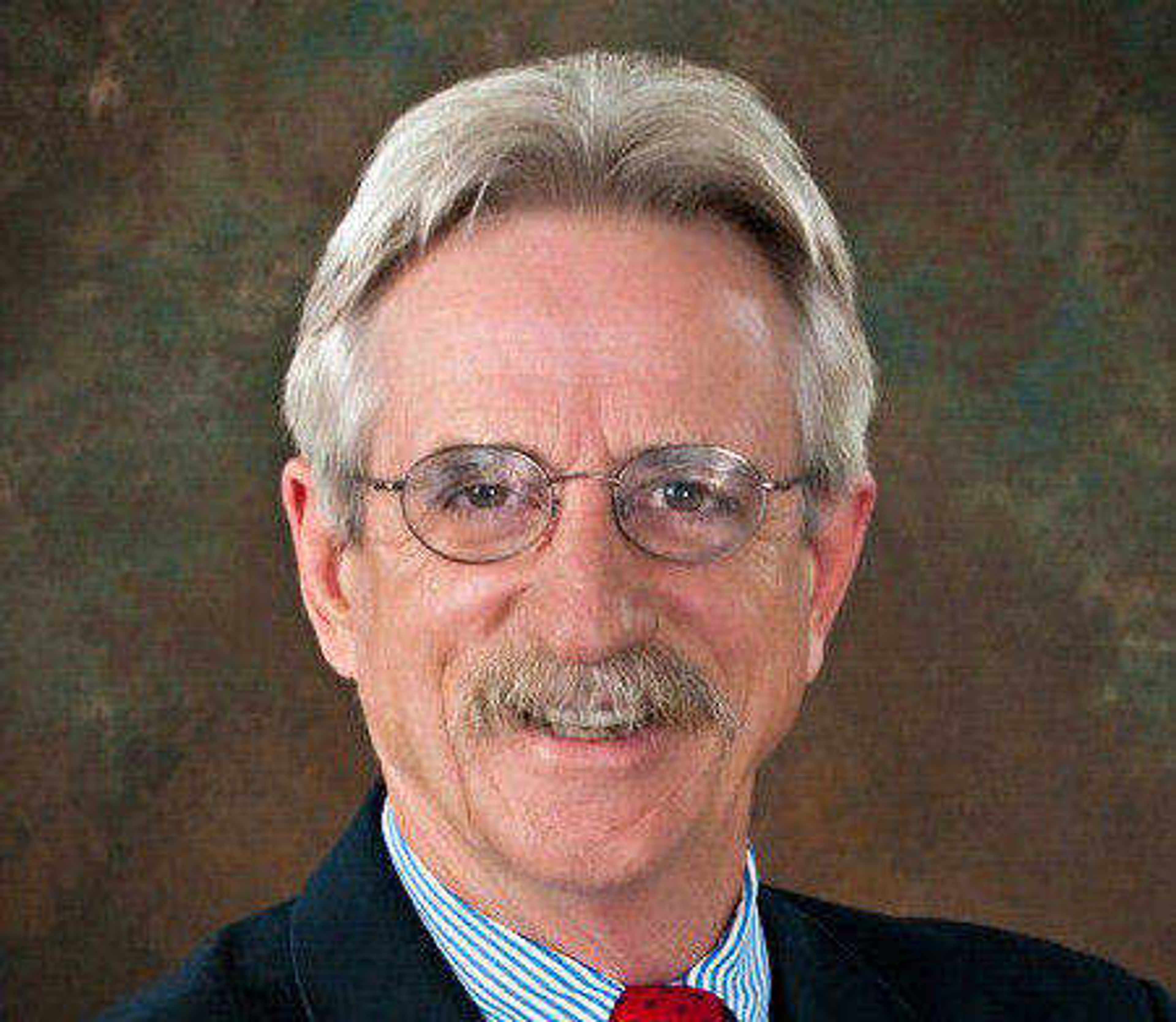The life, death of Charles Manson
I was a college senior in the summer of 1969. To many, this was one of the more fascinating and fast-changing times in American history. The nation was embroiled in the Vietnam war; we had witnessed as a nation the assassinations of some of the most prominent and promising leaders in our history; and the civil-rights movement was front and center...
I was a college senior in the summer of 1969.
To many, this was one of the more fascinating and fast-changing times in American history.
The nation was embroiled in the Vietnam war; we had witnessed as a nation the assassinations of some of the most prominent and promising leaders in our history; and the civil-rights movement was front and center.
And then came Aug. 9, when Americans awoke to the news of the unbelievable slaughter of a movie star in a quiet California mansion.
It wasn't long before the name Charles Manson would enter the American dialogue unlike any perhaps before him.
In a span of just 24 hours, seven people were butchered in a mysterious murder rampage that created the most bizarre headlines in memory and put the nation on edge.
It could well be argued these unfathomable atrocities effectively brought an end to the iconic 1960s.
Manson died this past weekend at the age of 83, having spent his lifetime in a California prison.
Few names in American history conjure the feeling of pure evil as does Charles Manson.
Even today, it is virtually impossible to imagine how this small uneducated, unskilled petty criminal could convince a group of young followers to commit the murders.
And yet he did.
The murder of Hollywood actress Sharon Tate and six others was far from ordinary. By any definition, those murders were gruesome acts of violence beyond most imaginations.
When the truth eventually was revealed during the notorious year-long trial for Manson and his "family" members, the horror of those two hot August nights was far more horrific than anyone could believe.
The '60s in so many ways was an era of drugs, sex and rock 'n' roll. And Manson used all three elements to convince his "family" he was the second coming of Christ. To say those words today seems almost silly.
It was far from silly during the summer of 1969.
In many ways, Manson the "guru" held a power over his young followers that defied logic and common sense and even the most warped imagination.
Even today, when we speak of past evils, the names Hitler and Manson top most lists.
Books, movies and countless television specials have been devoted to this little man who created such evil.
In all of those efforts to untangle just how Manson held such authority over others, none has arrived at a satisfactory answer.
As a young aspiring journalist long ago, I found myself fascinated with the story. I followed the case from beginning to end. That crime spree effectively took the nation through the end of the decade, and the peace-loving idealism of the '60s came to an end.
If you believe in heaven and hell, you are convinced of Manson's whereabouts today.
It's not as if he took any secrets to the grave. He was simply evil from beginning to tragic end.
Michael Jensen is the publisher of the Standard Democrat in Sikeston, Missouri.
Connect with the Southeast Missourian Newsroom:
For corrections to this story or other insights for the editor, click here. To submit a letter to the editor, click here. To learn about the Southeast Missourian’s AI Policy, click here.










